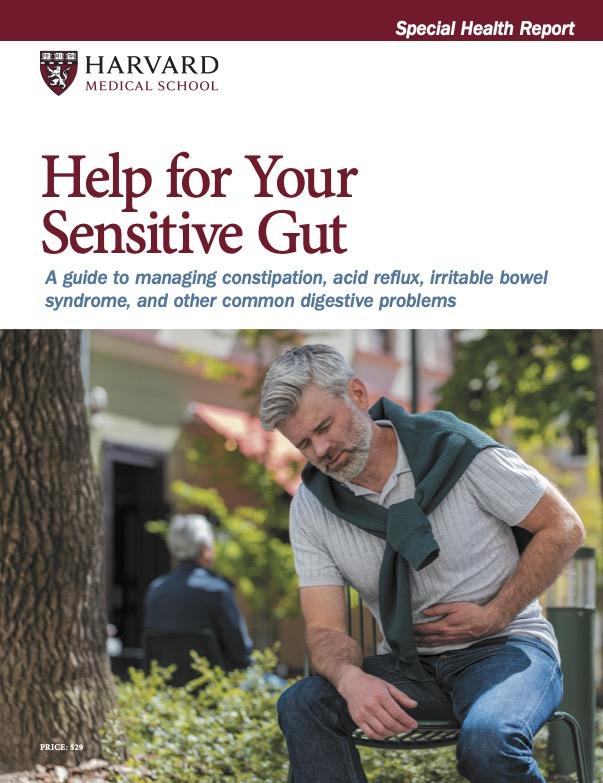Brain-gut connection explains why integrative treatments can help relieve digestive ailments

During the 20th century, medicine became very good at compartmentalizing different systems of the body in order to understand them better. However, today we are increasingly realizing that different systems of the body are interconnected and cannot be completely understood in isolation. The brain-gut connection is one very important example of this phenomenon.
Anatomy of the brain-gut connection
What exactly is the connection between brain and gut? The brain sends signals to the digestive, or gastrointestinal (GI), tract via the sympathetic ("fight or flight") nervous system and the parasympathetic ("rest and digest") nervous system. The balance of signals from these two inputs can affect the speed at which food moves through the digestive system, absorption of nutrients, secretion of digestive juices, and level of inflammation in the digestive system.
The digestive system also has its own nervous system, the enteric nervous system, consisting of approximately 100 million nerve cells in and around the GI tract. The enteric nervous system receives inputs from the sympathetic and parasympathetic nervous systems but can also function independently of them.
The enteric nervous system is also intimately interconnected with millions of immune cells. These cells survey the digestive system and convey information, such as whether the stomach is bloated or whether there is infection in the GI tract or insufficient blood flow, back to the brain. Thus, the brain and GI system communicate with one another in both directions.
Effects of stress and negative emotions on the gut
Because of this strong brain-gut connection, stress and a variety of negative emotions such as anxiety, sadness, depression, fear, and anger can all affect the GI system. These triggers can speed up or slow down the movements of the GI tract and the contents within it; make the digestive system overly sensitive to bloating and other pain signals; make it easier for bacteria to cross the gut lining and activate the immune system; increase inflammation in the gut; and change the gut microbiota (the types of bacteria that reside in the gut). That's why stress and strong emotions can contribute to or worsen a variety of GI conditions such as inflammatory bowel disease (Crohn's disease and ulcerative colitis), irritable bowel syndrome (IBS), gastroesophageal reflux disease (GERD), and food allergies and sensitivities.
The negative changes in the GI system can then feed back on the brain, creating a vicious cycle. For example, new research is demonstrating that increased gut inflammation and changes in the gut microbiome can have profound effects throughout the body and contribute to fatigue, cardiovascular disease, and depression.
Mind-body approaches to GI ailments
Given this strong mind-body/brain-gut connection, it should come as no surprise that mind-body tools such as meditation, mindfulness, breathing exercises, yoga, and gut-directed hypnotherapy have all been shown to help improve GI symptoms, improve mood, and decrease anxiety. They decrease the body's stress response by dampening the sympathetic nervous system, enhancing the parasympathetic response, and decreasing inflammation.
Other integrative approaches
We've also learned that certain kinds of foods can trigger specific reactions in the gut of sensitive individuals. In those cases, specific diets, such as low-FODMAP for IBS or avoiding acidic foods for GERD, can be helpful for managing symptoms. Diet also profoundly affects the gut microbiome. For example, eating a more plant-based diet with few refined carbohydrates and little or no red meat often leads to a healthier microbiome. These dietary changes in turn reduce intestinal inflammation and may help reduce systemic symptoms such as fatigue or depression and the risk of cardiovascular disease.
Although each person's situation is unique, a combination of integrative approaches can be helpful for reducing GI symptoms and reestablishing both a healthy gut and a healthy mind.
About the Author

Michelle Dossett, MD, PhD, MPH, Contributor
Disclaimer:
As a service to our readers, Harvard Health Publishing provides access to our library of archived content. Please note the date of last review or update on all articles.
No content on this site, regardless of date, should ever be used as a substitute for direct medical advice from your doctor or other qualified clinician.
















